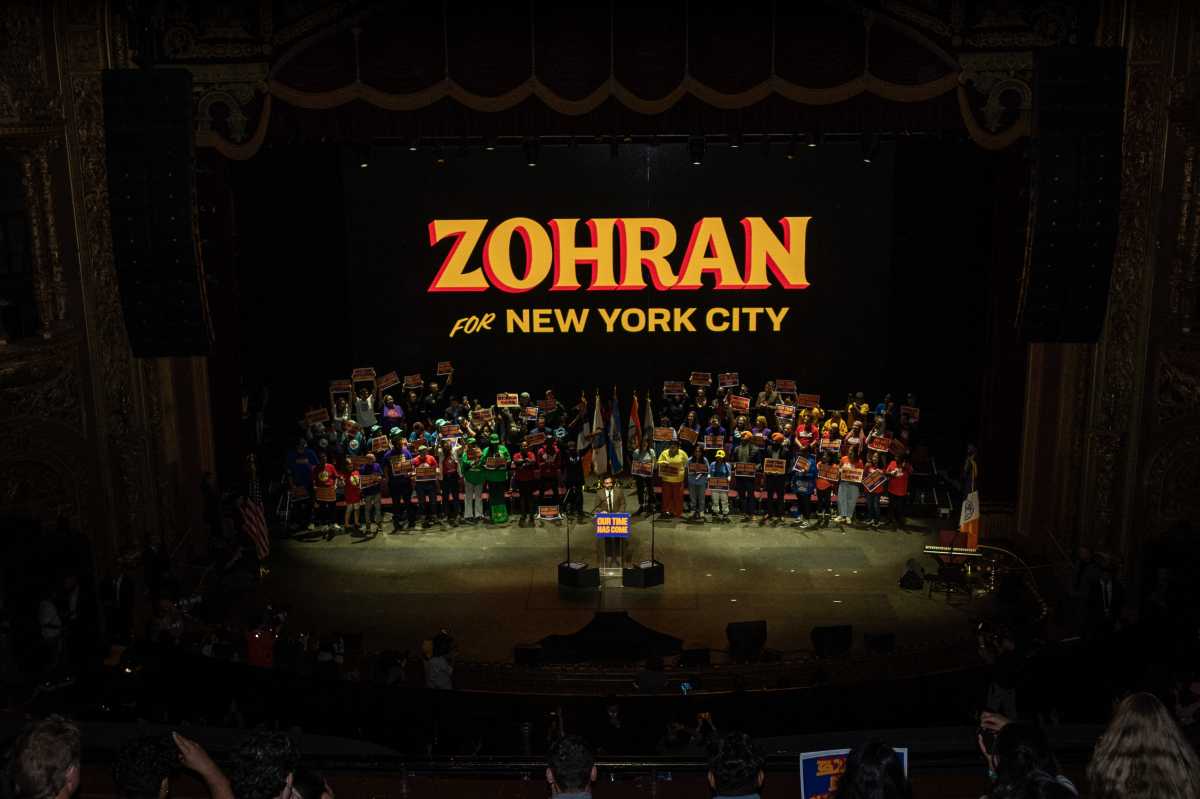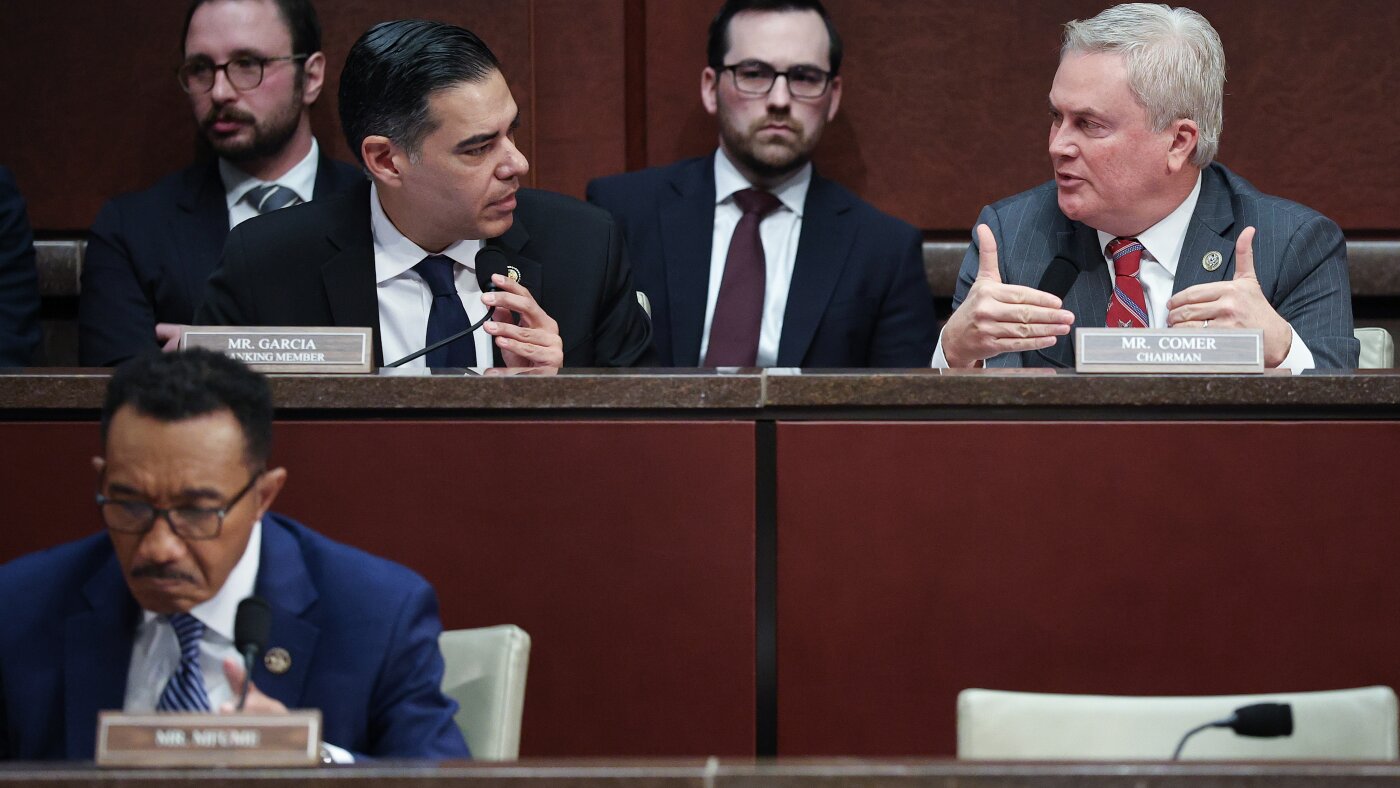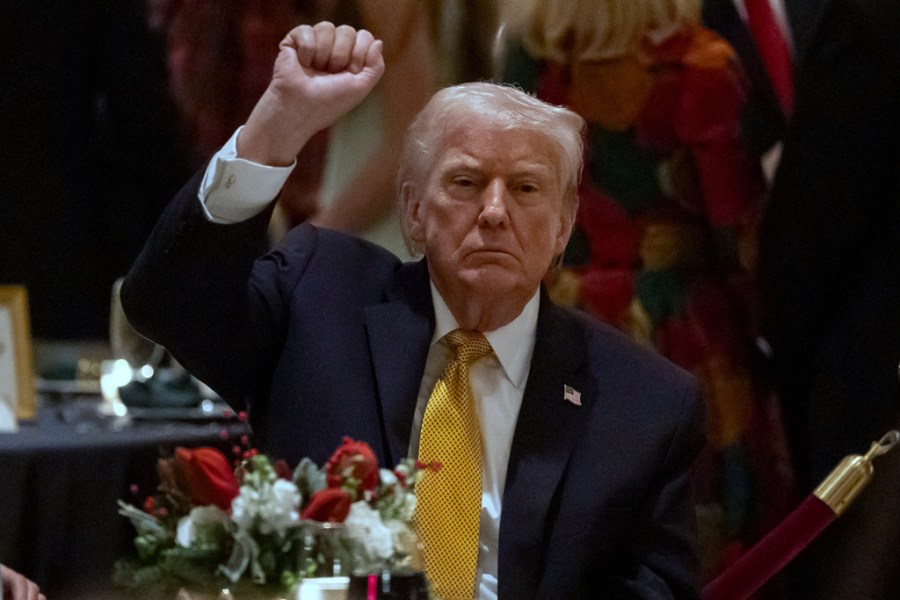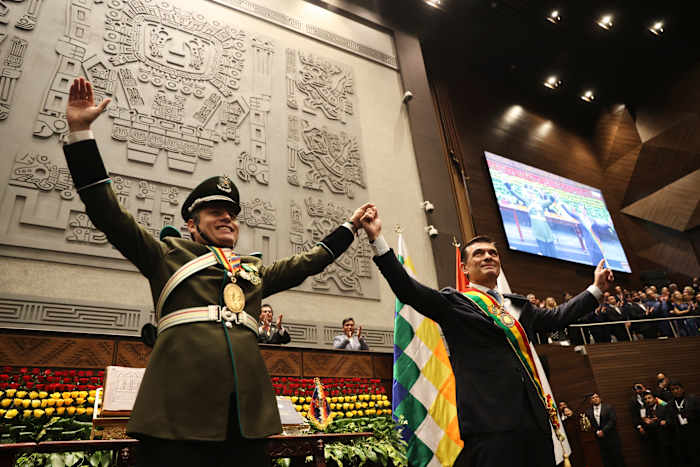The recent mayoral election in New York City has sparked significant controversy regarding political influence within houses of worship. Following the election of Zohran Mamdani, numerous rabbis publicly urged their congregations to vote against him, citing concerns for the safety and well-being of the city’s Jewish community. This community, the largest outside of Israel, remains apprehensive about Mamdani and his past comments, which many have characterized as “existential threats.”
The rabbis’ actions mark a rare instance where religious leaders took a direct stance on a political candidate. Their motivations stem from a heightened sensitivity to rising anti-Semitism globally, prompting them to address their congregations from the pulpit. Notably, Mamdani has not condemned the phrase “globalize the intifada,” which has further fueled fears within the Jewish population.
While the ultimate influence of these sermons on voting behavior is uncertain, they reflect an unprecedented mobilization against a polarizing candidate. This scenario raises essential questions about the role of clergy in political matters and how their influence may shape electoral outcomes.
Historical Context and Moral Leadership
Reflecting on historical precedents, one cannot help but consider how figures like Martin Luther King Jr. navigated the intersection of faith and politics. King’s sermons often addressed pressing societal issues, lending moral authority to his political messages. His congregation likely found it challenging to ignore his guidance, especially when he spoke about the civil rights movement and the importance of voting.
Although King was cautious about directly endorsing political candidates due to concerns over tax-exempt status, his moral teachings resonated deeply. This raises questions about whether modern clergy should take similar stands or if their primary role should remain solely spiritual.
The current climate suggests that many congregants may indeed seek guidance from their religious leaders on various issues, including political choices. Yet, the dynamic shifts when clergy explicitly instruct attendees on whom to vote for, which can create discomfort among those who may disagree or feel pressured.
The Role of Clergy in Political Discourse
It is not uncommon for individuals to belong to organizations or clubs where political discussions are encouraged. However, many people attend religious services for spiritual enrichment rather than political direction. When clergy step beyond spiritual teachings to advocate for specific candidates, it can blur the lines between faith and politics, leading to potential alienation among congregants.
Recent changes to the Johnson Amendment, which previously restricted religious organizations from engaging in political campaigning, have added another layer to this conversation. Although the Internal Revenue Service has recently relaxed these restrictions, the implications for religious leaders remain complex.
As the political landscape evolves, it is essential for clergy to consider their influence carefully. The responsibility to guide congregants is significant, but so is the need for respect for individual beliefs and autonomy. For now, the Jewish community in New York City watches closely as Mayor-elect Mamdani begins his term, hoping for a leader who can navigate these complicated sentiments with understanding and respect.
In conclusion, the recent actions of New York’s rabbis highlight the intricate relationship between faith and politics. As society grapples with the implications of these interactions, it remains crucial for religious leaders to balance their moral obligations with the diverse perspectives of their congregants.







